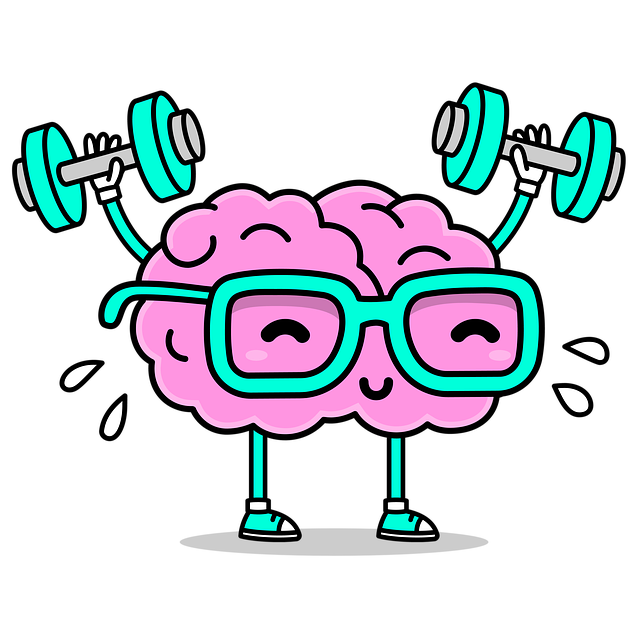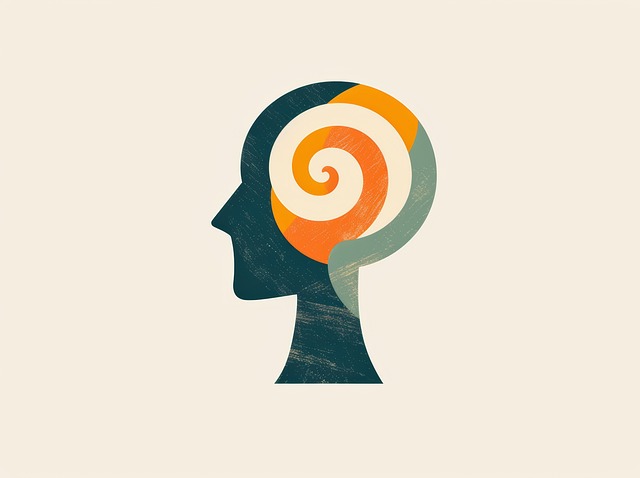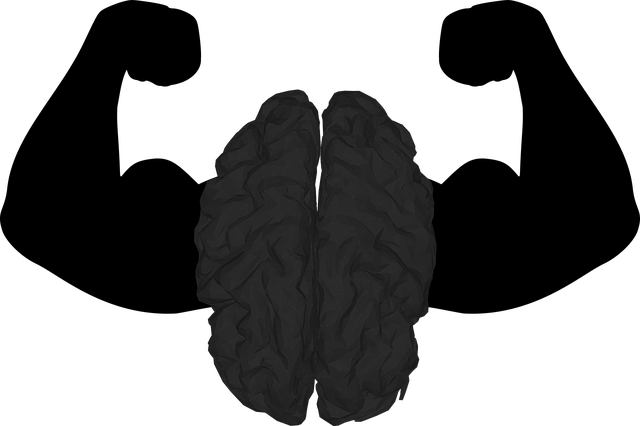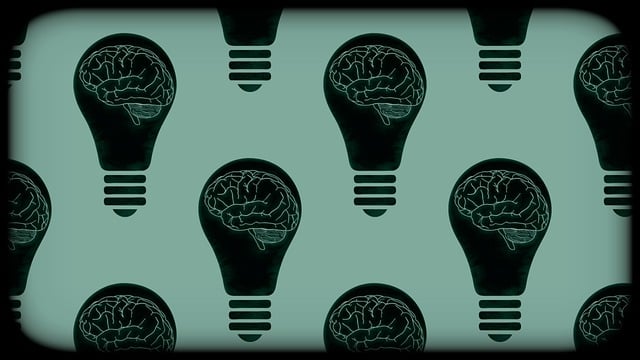Mental wellness is a key focus in Denver, where specialized therapy for developmental disabilities incorporates tailored strategies like Crisis Intervention, Mental Health Education, and Compassion Cultivation. Journaling emerges as a powerful tool within this context, offering individuals with developmental disabilities an accessible means to explore their thoughts and emotions. Through journaling exercises, clients improve emotional well-being, communication, and mood management skills. The safe, supportive journaling environment at Denver Developmental Disability Therapy, coupled with creative expressions like drawing or collage, enhances therapeutic benefits, leading to improved mental wellness outcomes for diverse learners. Regular journaling helps track progress and celebrate milestones, providing insights into emotional growth and self-advocacy.
“Unleash your inner strength through mental wellness journaling—a transformative practice gaining traction in Denver developmental disability therapy. This article explores how this simple yet powerful tool can enhance well-being and communication for individuals with developmental disabilities. From understanding the impact of mental health to creating a supportive journaling space, we guide you through effective strategies. Discover the therapeutic benefits of creative expressions and learn to track progress—a valuable resource for both therapists and individuals seeking growth in their journey towards improved mental wellness.”
- Understanding Mental Wellness and Its Impact on Individuals with Developmental Disabilities
- The Power of Journaling as a Therapeutic Tool in Denver Developmental Disability Therapy
- Creating a Safe and Supportive Journaling Environment for Effective Communication
- Incorporating Creative Expressions into the Journaling Process
- Tracking Progress, Celebrating Milestones: Using Journal Entries to Monitor Growth
Understanding Mental Wellness and Its Impact on Individuals with Developmental Disabilities

Mental wellness, a state of emotional, psychological, and social well-being, is particularly significant for individuals with developmental disabilities. These individuals often face unique challenges that can impact their mental health, such as communication difficulties, sensory processing issues, and social interaction barriers. Understanding these complexities is crucial when providing effective support.
In Denver, where Developmental Disability Therapy services are readily available, professionals emphasize the importance of early intervention and tailored strategies. Crisis Intervention Guidance and Mental Health Education Programs Design specifically cater to this population’s needs. Compassion Cultivation Practices have also proven beneficial in fostering resilience and improving overall mental wellness. By integrating these approaches, therapists enable individuals with developmental disabilities to navigate their emotional landscapes, enhancing their ability to manage stress, regulate emotions, and thrive in various settings.
The Power of Journaling as a Therapeutic Tool in Denver Developmental Disability Therapy

Journaling has emerged as a powerful therapeutic tool in Denver Developmental Disability Therapy, offering individuals with unique needs an accessible and effective means to explore their thoughts and emotions. This simple yet profound practice allows for self-reflection, providing a safe space to express feelings that may be difficult to articulate otherwise. Through journaling exercises tailored to their specific requirements, clients can enhance their emotional well-being promotion techniques, engage in meaningful communication strategies, and even improve mood management skills.
By putting pen to paper (or fingers to keyboard), individuals in Denver Developmental Disability Therapy can gain insight into their experiences, process challenging situations, and cultivate a deeper understanding of themselves. This introspective process encourages the development of coping mechanisms, fosters self-awareness, and promotes personal growth. Moreover, journaling serves as a valuable communication tool, enabling therapists and clients to collaborate on setting goals, tracking progress, and identifying areas that require further attention, ultimately enhancing the overall therapeutic journey.
Creating a Safe and Supportive Journaling Environment for Effective Communication

Creating a safe and supportive journaling environment is key to fostering effective communication about mental wellness. This starts with establishing a private and comfortable space where individuals, especially those with developmental disabilities, feel empowered to express their thoughts and emotions freely. At Denver Developmental Disability Therapy, we emphasize the importance of tailoring this space to each client’s unique needs and preferences.
A supportive journaling environment incorporates various elements. It requires empathy building strategies and burnout prevention techniques for both the individual and their healthcare provider. Through Cultural Competency Training, therapists can learn to navigate sensitive topics with care, ensuring that the process is inclusive and non-judgmental. This allows clients to explore their mental wellness honestly, contributing significantly to improved communication and therapeutic outcomes.
Incorporating Creative Expressions into the Journaling Process

Incorporating creative expressions into mental wellness journaling can significantly enhance its therapeutic benefits, especially for individuals engaging in Denver Developmental Disability Therapy. Beyond simple writing, integrating artistic mediums like drawing, painting, or collage allows for a more nuanced exploration of emotions and experiences. For instance, someone might find it easier to convey complex feelings through a colorful sketch rather than words alone. This approach can be particularly powerful for those who struggle with verbalizing their inner world, making journaling accessible and engaging.
The Mental Wellness Podcast Series Production often emphasizes the importance of creative outlets as a form of self-care. Similarly, Trauma Support Services and Compassion Cultivation Practices benefit from these expressive methods. By encouraging diverse artistic interpretations, journaling becomes an inclusive practice that caters to different learning styles and communication preferences. It offers individuals a means to process traumas or cultivate compassion by tapping into their visual, kinesthetic, or intuitive faculties, thereby deepening self-awareness and fostering emotional healing.
Tracking Progress, Celebrating Milestones: Using Journal Entries to Monitor Growth

Journaling offers a powerful tool for individuals with developmental disabilities to track their progress and celebrate milestones in their mental wellness journey. By regularly recording thoughts, feelings, and experiences, they can gain valuable insights into their emotional growth and identify patterns that contribute to stress management. For instance, a person working with Denver Developmental Disability Therapy might notice a reduction in anxiety over time, marked by fewer entries focused on overwhelming sensations or challenges. This observation serves as a testament to the effectiveness of their therapy and resilience-building strategies.
Each entry becomes a data point in their personal mental health policy analysis, allowing them to advocate for themselves more effectively. By reviewing past journal entries, they can pinpoint triggers, develop coping mechanisms, and even influence their therapeutic goals. This practice fosters self-awareness, empowering individuals to make informed decisions regarding their mental wellness and demonstrate remarkable growth, all while navigating the complexities of life with a developmental disability.
Mental wellness journaling offers a powerful and accessible therapeutic tool in Denver Developmental Disability Therapy. By creating a safe space for expression, incorporating creative elements, and tracking progress, individuals with developmental disabilities can experience significant growth in their mental health journey. This practice not only enhances self-awareness but also fosters effective communication, making it an invaluable addition to any therapy program.














